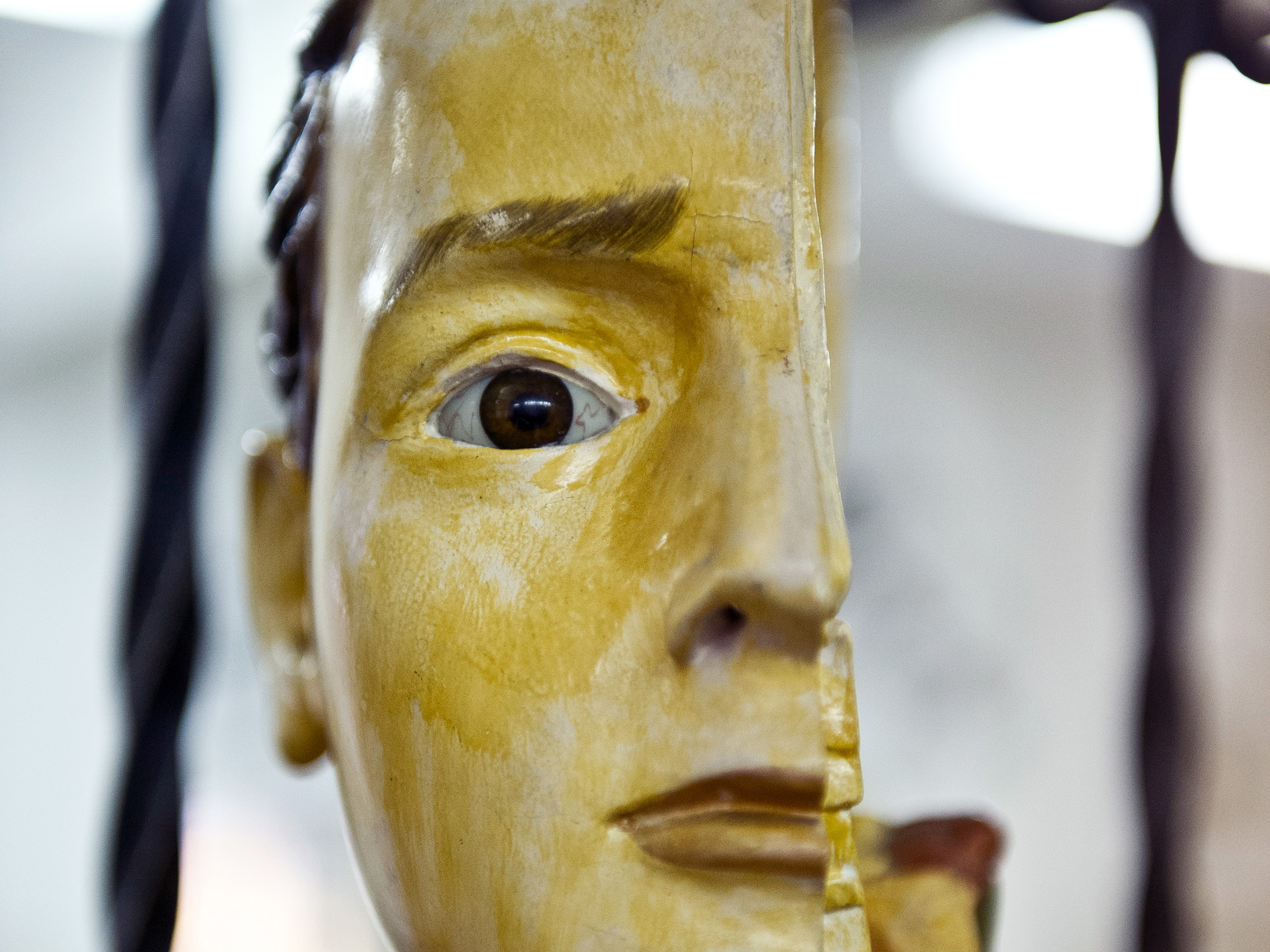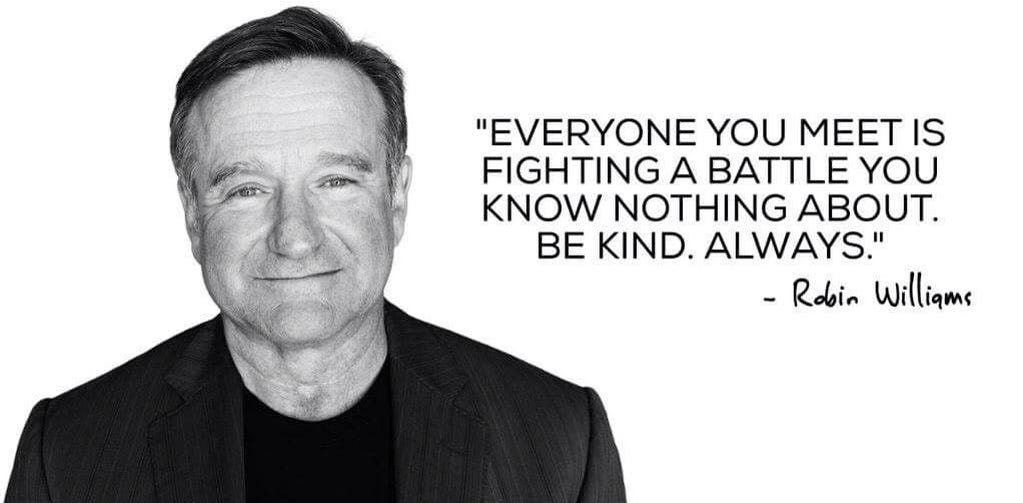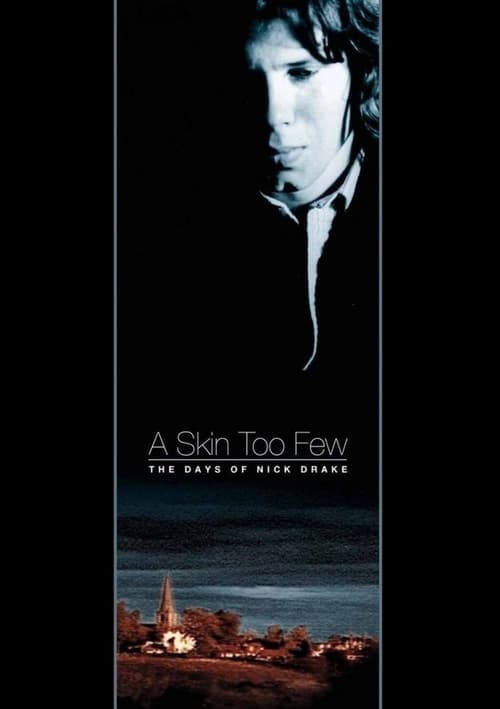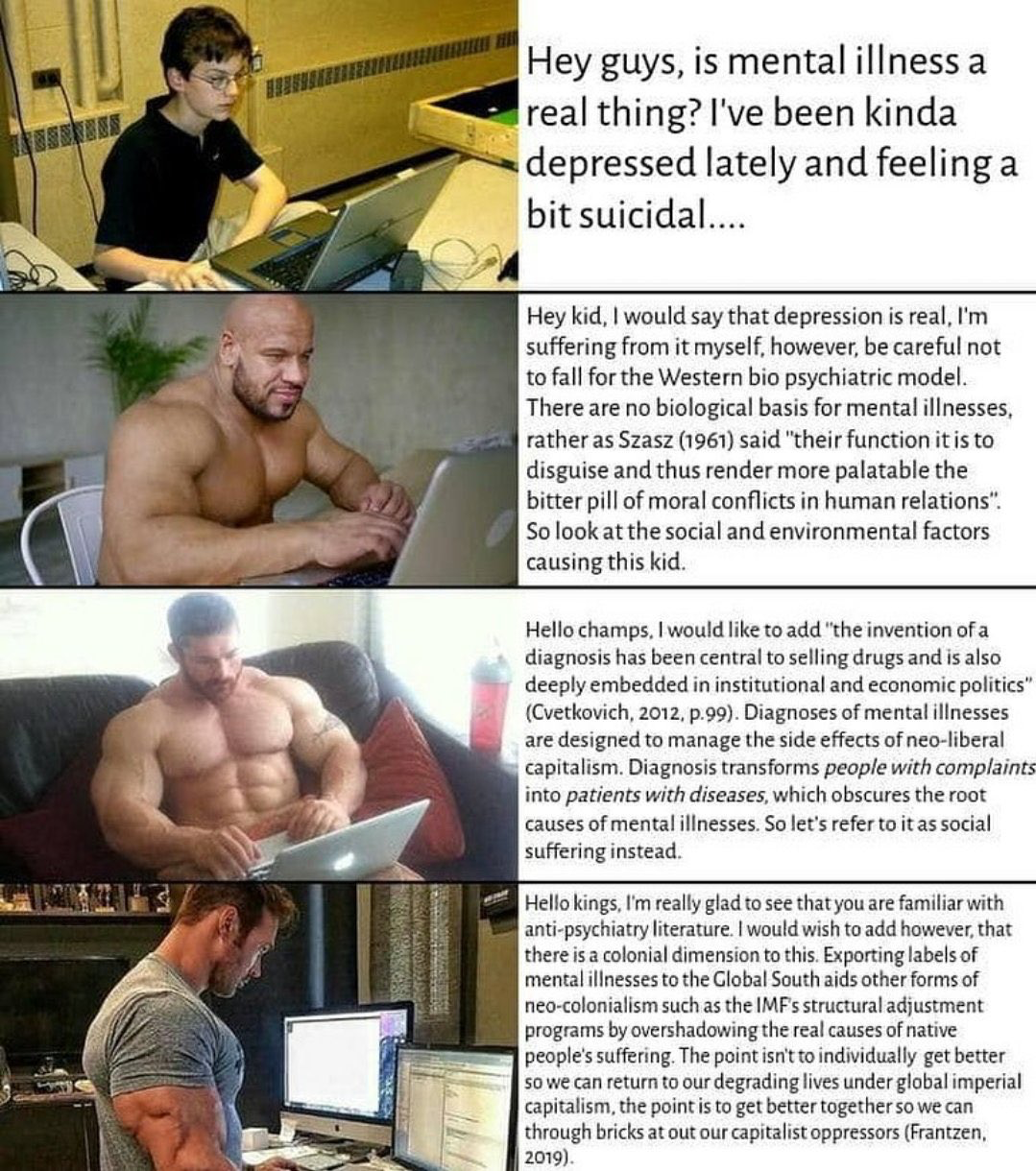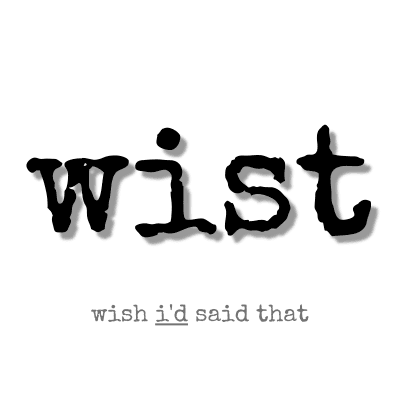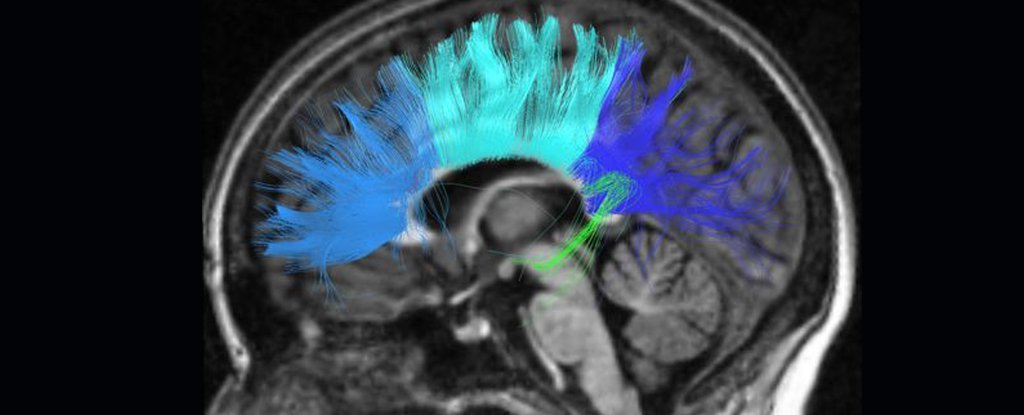The Cancellation Effect
Possible reasons why certain criminals show little or no emotions. Also why others don’t seem to notice they are going to do something bad.
Not Having Contact With Anyone Similar To Yourself
The mechanics of which appear to be that someone is more likely to open out to someone that is pretty similar to themselves. If you haven’t got that it can feel very alone and isolating with feelings you have no one to open out to. So if an individual is troubled they may stay troubled. If left with those troubles, and no one to truly trust, then those troubles will just get unresolved and may get worse. This is why psychiatry doesn’t always work. If the person doesn’t trust the other person then they’re likely to hold things back. And when things are held back they don’t get dealt with.
From observation not everyone responds the same way to all people. Would anyone seriously open out to someone they didn’t feel comfortable with? Who are you going to trust more; someone that is like you yourself or someone who is completely different? Therefore, if you have no one similar around then you could feel you have no one you can truly trust.
If you have someone closely matching you it can be like having a conversation with yourself; in that you’ll be likely getting helpful responses rather than unhelpful ones. Then why doesn’t everyone just talk to themselves you might ask? Because people enjoy healthy interaction with the company of other people; but it helps more if it’s the right people.
People Going Bad Because They’re Around The Wrong People?
How many times have people felt they could genuinely open up to someone and felt comfortable doing it? If it’s the right person, it should come naturally; there would be no need to force through any emotions simply to get them out. If it’s the wrong person then they could get an unhelpful reaction. For example: they could be laughed at, told it’s nothing to worry about, it’s all in their mind, have no genuine emotion or appreciation shown to them. Nobody wants an emotionless blank stare or the wrong response when you try to explain that something is wrong. Purely for the reason that if something is wrong you require a specific emotional response for it to be made right. If you get the response that doesn’t help you then you may as well be talking to a brick wall.
“Hello brick wall. I’m really feeling depressed. I can’t cope”
Brick wall naturally stays emotionally cold and says nothing. So imagine getting that sort of response from another human being, if say, you really need some sympathy or care. You’re going to think no one cares about you or wants to care about you. You’re going to feel cold and emotionless towards people because there is no emotion to be felt.
Another thing to remember is, just because someone tries to give the right emotional response, doesn’t make it genuine. And many people in a depressed state will know if someone isn’t being genuine. The response will feel forced as if too much emphasis is being put into the tone of the response. When someone gives a genuine response there is no emphasis – they would naturally feel for that person without the need to push it. No one is going to respond positively if the response isn’t genuine. There’s a difference in being paid to trying to help someone and genuinely wanting to do it.
Result – those feelings get hidden away until they build up and erupt in negative ways. Unless of course you happen upon someone you feel you can actually talk to without feeling embarrassed or bad about doing it. The other result is you can end up linking together with the wrong people that will actually make the problem worse; as in the case of those who go out to commit murder or other serious crimes.
The Mirror Effect
Ever been round or near someone and they instantly perk you up? And they don’t actually have to do much and you don’t need to explain anything. They don’t need to over-emphasis understanding. Ever been with someone whom you have no trouble expressing your emotions to? Now imagine being deprived of that. Imagine having to go through life where being around people is a struggle. You have to explain things in detail to people and they still come up with the wrong responses. You might come to believe that not only does no one understand you but no one wants to even try understanding you. If someone needs to ask what is wrong and is seriously struggling understanding how they can help then it’s unlikely they really understand what you need.
If there’s someone similar to you, they’re more likely to want to help, because it’s like looking in the mirror at yourself. However, some people can find this fearful seeing someone just like you and can bring forth emotions they might be scared to experience. Some people are comfortable with it. But others can be scared to come face to face with someone who can effectively see right into you. They might be scared they’ll know all your darkest deeds or they might be afraid how others will see it.
The Cancellation Effect
If you get two troubled people who are the same they can seemingly cancel each other out. Think of Rock – Paper – Scissors. When the opposite of the same meet nobody wins, but then nobody loses either. Stalemate.
It can be a good thing as they won’t be violent to each other and be great for working on a project. Who better to work with than someone similar or the same? They’re certainly not going to argue or be objectionable to the way you work. They’re more likely to work with you in harmony. Just being around them is going to make you feel good. So no falling out if something goes wrong or one does something different.
They may more likely try to understand what you’re doing and the other will be open to new suggestions of ways to do something.
Blaming The Parents
Is this right? Not all children get along with their parents and if there is no trust they’re unlikely to open up to how they’re really feeling. Society and the media seem to impose a particular view that your family should always be the closest thing in your life and be the ones people should always turn to when things go wrong. And for some people this can be true, but that doesn’t mean it is true for everyone.
A parent can be as loving as they can possibly be, but that doesn’t mean that parent can understand what’s going on. if a parent is not the same as the their child then that child might not feel comfortable opening up to that parent. There would be no trust from the child of the parent. It’s not saying the parent is to blame for this however, it’s just how some things are. Not all people are the same and not all people are the same as other family members.
Therefore, in the case of parents being accused of not knowing their children were going to go off the rails “How could they not know”, it is clear the parent in many cases is not to blame.
How Does This Help With People Turning Bad?
Well, imagine living in a world where no one seems to understand you or you have no natural connection with. Imagine living in a world where you feel there is no one like you and therefore no one to truly understand you and appreciate you for who you are. It’s a very cold and emotionless world. That’s not to say everyone in that state is going to turn bad but it’s still not a healthy state to be in. If left unchecked, it might be understandable why certain individuals might feel no emotional connection to anyone else.
They could have thoughts such as:
“No one cares about me, no one appreciates me. Why should I care or have any emotion to anyone else?”
“I feel bad but there’s no one I can emotionally connect with.”
“There’s no one else like me, I hate myself.”
“They’re not like me. They have no feelings like me. They’re not real human beings”
Image then how such people would feel towards other people? Imagine the potential consequences of someone who’s “gone off the rails” with these sort of blank emotions.
#psychology #behaviour #depression #emotions #feelings #connection #emotionless #cancellation

